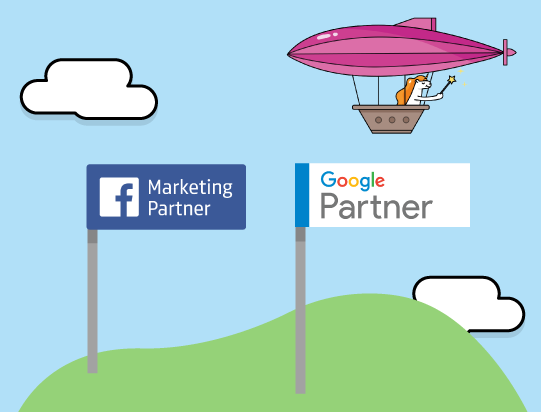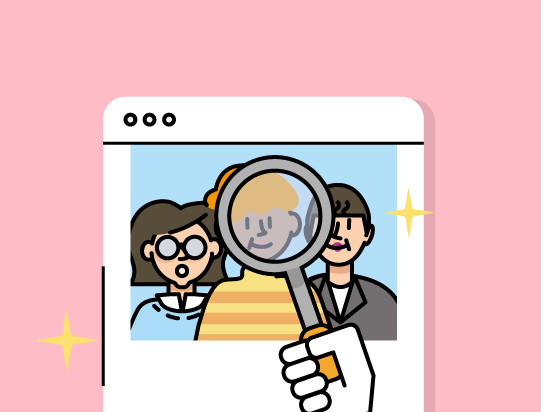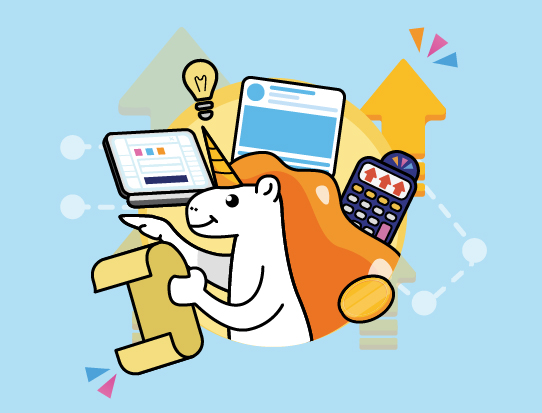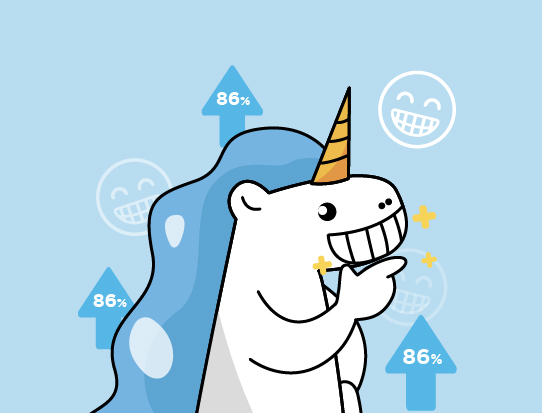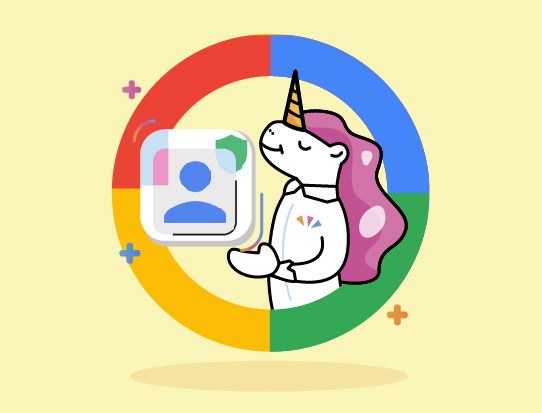What are the key differences between the Google Partner Program and the Facebook Marketing Partner program? With 3 ex-Googlers on our team that were all a part of the Google Partner Program as consultants to agencies, we know a thing or two about Partner Programs. Google’s partner program has been around for over 8 years. Facebook’s partner program ramping up in the recent few years.
We compare and critique the core differences between the two partner programs and share our thoughts on them.
Ease of attainment
Both Partner Badges are relatively easy to access and it’s fine that it should be. But the exclusivity is lost with having every agency/freelancer obtaining a badge. Premier Badges have lost their value also as so many agencies have the label, it’s hard for a customer to determine who is the creme of the crop.
Our team argues that Facebook premier tier does a better job of qualifying for the higher tiers of recognition however they haven’t done a good job of creating the value or distinguishing the differences in the badges.
Google makes it way too easy to be a Premier Partner, they’re reworking this for a 2021 release of a brand new badge, with new design and different levels of exclusivity in which the Optimization Score could play a major role.
Value of Service
With Google’s first-mover advantage and maturity of their agency program, it’s no doubt that the level of service is much higher, with a greater allocation of Account Managers to Customer ratio. On average, probably about 1:20 accounts relative to Facebook’s service feeling like 1:1,000.
Our founder shares that he worked on the largest advertising account in Australia and spoke to his Facebook rep twice with emails taking 2 days response.
To Facebook’s credit, their communications, training, and delivery are much more polished as Google’s reps are in too large numbers to deliver a consistent service. This has been an area that Google has improved in but their focus is wrong. You will find your Google rep constantly talking about targeting, bid strategies, and implementing things that they’re KPI’d on.
For Facebook, their focus is shifted to optimizing delivery. A big focus is on the creatives and how to design for sound-off, optimize creative performance, and to A/B test creatives. Yes, creatives, creatives, creatives. Facebook knows that its advertisers understand the power of it’s targeting. These same advertisers know Google’s capabilities but Google has become too short-term driven which leads to a major gap in what their customers want and what they’re delivering. Their internal organization has become too large with all different priorities that have deferred away from the advertisers’ goals.
Support
The support is unfairly skewed towards Google simply because of the massive manpower behind Google’s partner organization however it’s not to say that it’s perfect. In fact, it’s far from perfect. Since GDPR, Brand Safety, and other major events that occurred within the industry, Google’s service has moved from being manual to automated and now back to being manual. There are people behind their desks reviewing the ads that you’re posting. It was at its worst following a $5bn fine by the EU. Reviewing a video campaign will take 1-2 weeks.
Facebook relies heavily on its automation to do the work. However, as we all know, they’ve been in deep trouble over the past couple of years for their involvement in political events, data privacy, and more…
Training
Google has recently revamped it’s training resources as Facebook is far more thorough and their accreditation has genuine value behind it. US$150 worth of value to be exact. Facebook’s training is very thorough, detailed, and practical. They have a strong use of examples, scenarios, and interactivity to ensure that their teachings have resonated. Google has made their training simpler. The value that Google had over the years was its level of difficulty to be certified. While, Facebook excels in the training department.
Final notes
There’s a false notion that your Google or Facebook reps are the experts of what agency or performance marketing practitioners do. That is far from correct. I would claim that over 50% of people that support you have never built a campaign before. Over 95% haven’t created a campaign in the last 7 days.
Your reps are there to sell. They have revenue goals and product adoption goals. For Google, that means you adopting Target CPA or buying into YouTube for Action. It’s important you know how to use your reps for the value that they add. They have the world’s access to accounts and reports. You may not be able to ask them about your competitors but there’s a report for that to give you a guide.
You can refer to our article of 6 Things You Should Be Asking Your Google Ads Rep for more details on the reports you can get from Google. Go ask your rep to join in on a pitch. Ask for official pitch decks, training documents, and other material that no one else is leveraging. Learn about what your reps can do and make them work instead of just applying whatever they tell you to apply. You are responsible for your results, they will not take responsibility for that implementation failing. Don’t let your guard down and fall for the brand. Negotiate, negotiate, negotiate.

